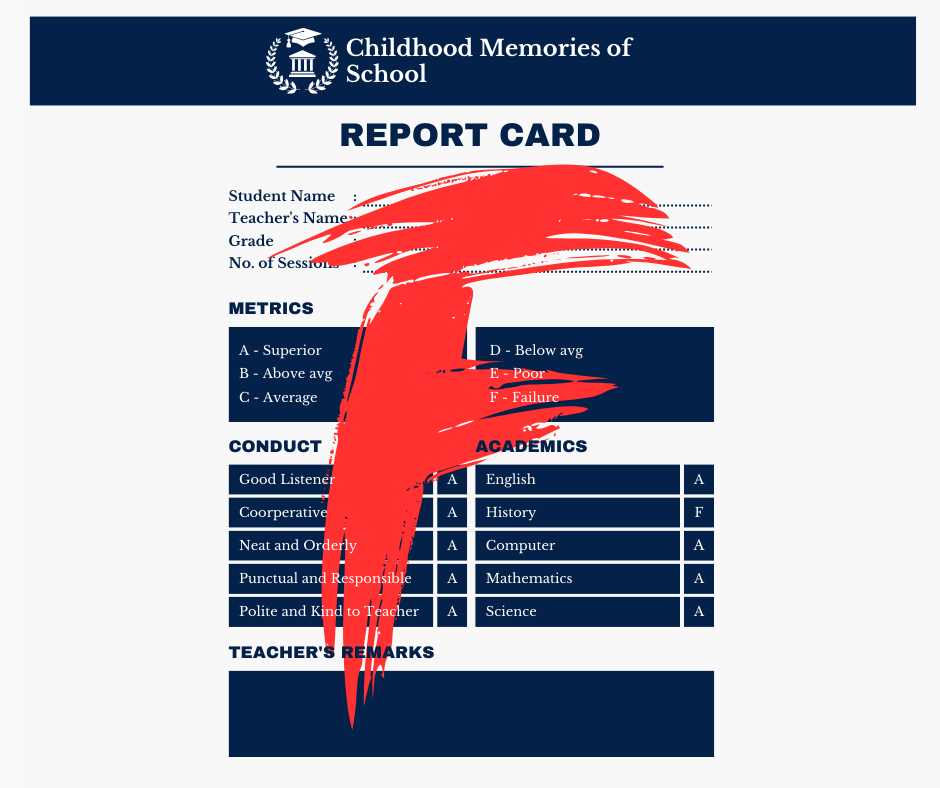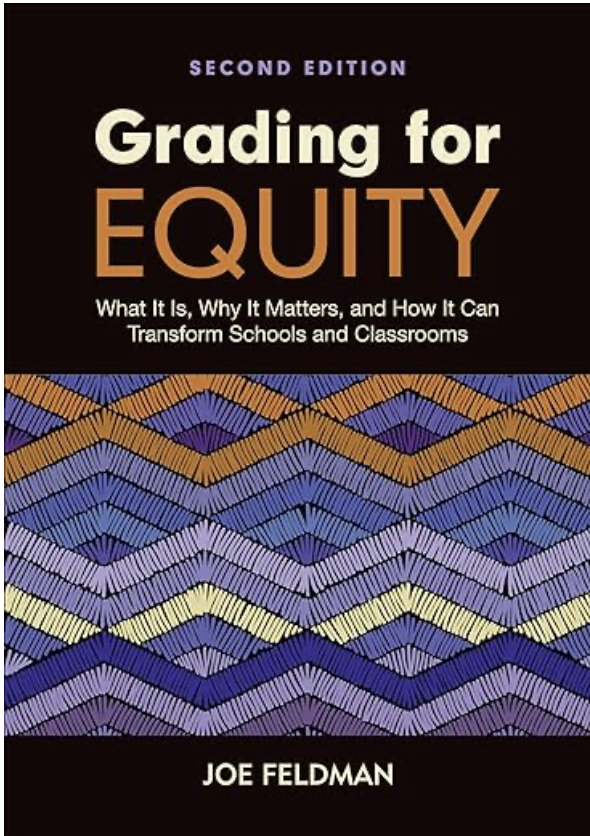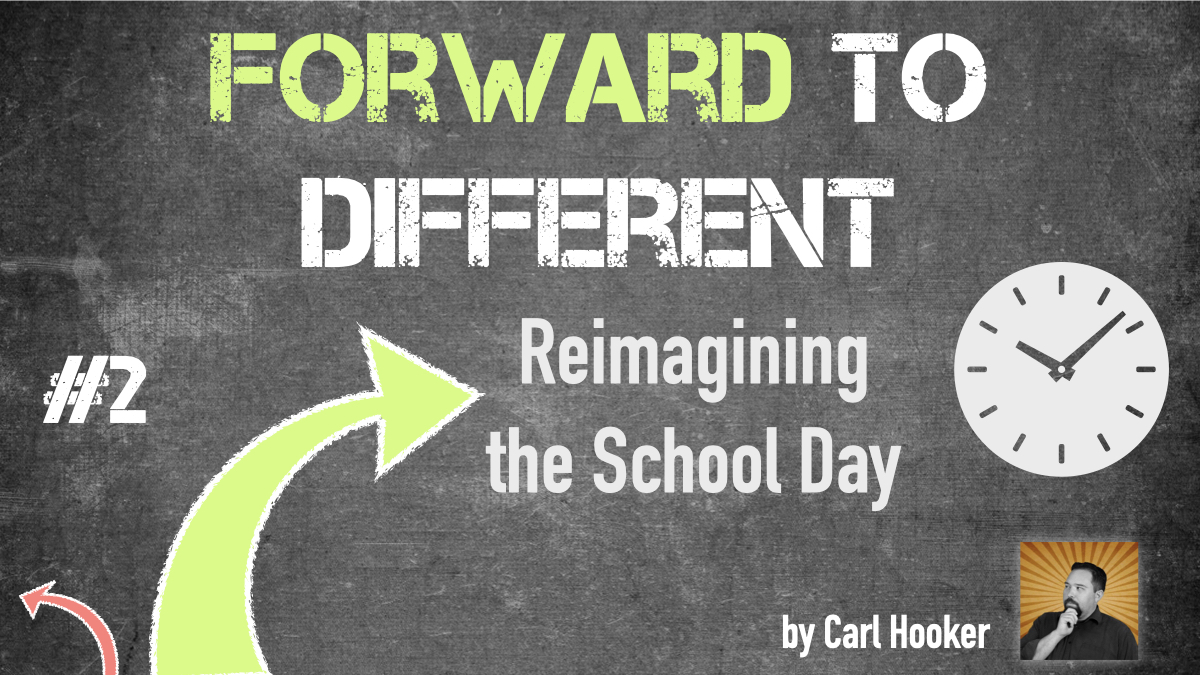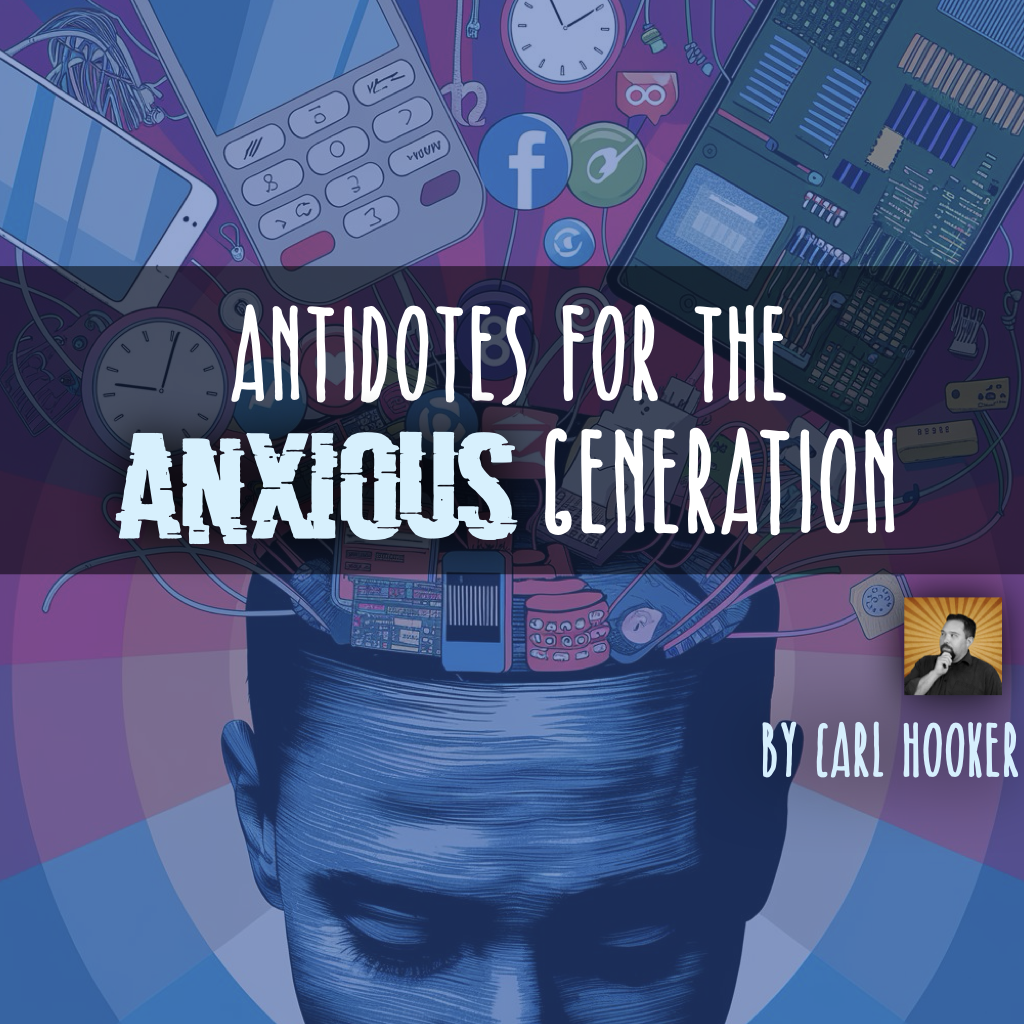MCP Book Club Blog: Burying My Report Card; Making the Case for Equitable Grading

Saving Summer
I buried my report card. I was in 7th grade and did not complete a history project. I got an F. It wasn’t because I didn’t know the content or was incapable of completing it. It was not because I did not have parental support at home or because I was anxious or misbehaved. I was a “good kid” who did my homework, got decent grades, and never really got into trouble at home. I don’t remember why I never completed the project, but I remember the F. That F would ruin my summer plans with my cousin and neighborhood friends. So, on the last day of school, I got off the bus, knowing I could not go home with that F. I found a thick, sturdy stick and used it to dig a hole as deep as I could right there at the bus stop. My best friend looked on in horror as I ripped my report card into tiny pieces and dropped them into the hole. “What about your As?” my friend asked. She knew my dad paid me $1.00 for every A. In my pre-teen mind, $3.00 wasn’t worth losing my entire summer. I covered the hole, stomped on it, and walked home with my friend. My summer was saved!
Grades hold a great deal of power. They helped me earn a little change, get into college, and opened up job opportunities. As an adolescent, they caused me to lie to my mother and do something she never thought I would do! As an aspiring teacher, my grades caused stress and anxiety as I worked hard to maintain my high GPA. Anything less than an A was unacceptable, including that A- I earned in one of my undergrad courses. Did the A or A- truly reflect what I knew or was able to do?
The Shift
As educators, we hold the power of the gradebook, yet our educator prep programs do not prepare us to use that power to impact learning. Instead, we rely on our own experiences. Early on in my career, I’m sure I tried to leverage my power of the pen to try to influence student behavior. My threats of “bad grades” may have worked for some, but I questioned whether it truly affected my student’s learning habits. Throughout my career in elementary education, I remained the grade giver but changed my views on learning and assessment. I shifted from threatening my students with grades to helping them focus on learning.
The shift for me began about 18 years ago when I read The Other Side of Curriculum: Lessons from Learners by Lois Easton during my Masters in Reading coursework. In the book, Easton uses her experience at Eagle Rock School to provide ideas and strategies for creating an effective student-centered learning environment. She explores the topics of culturally responsive curriculum, self-directed learning, and authentic assessment. After reading the book, I started rethinking my grading policies and began making changes. I certainly did not want my students burying their report cards! The challenge was in the discussions I would have with my colleagues, administrators, and caregivers. Talking about grades and grading policies was a sensitive, highly-charged topic.
Poking the Hornet’s Nest
Grading continues to be a difficult topic of discussion. In Joe Feldman’s book, Grading for Equity – What It Is, Why It Matters, and How It Can Transform Schools and Classrooms , he compares it to “poking a hornet’s nest.” We may poke the nest and get stung, but we shouldn’t shy away from conversations that benefit our students. So, get on your beekeeper’s suit, and let’s poke the nest!
My work with the Modern Classrooms Project led me to Feldman’s book, and I wanted to create a safe space for educators to discuss his work. Using the K12 Leaders platform, more than 80 educators have joined our space to discuss the topic of grading. Our first live Book Club connected educators across the country to discuss Part I: Foundations. The overarching theme of the conversation reflected the idea that discussions about grading and grading practices are hard! As we read about the history of grading in our country, we felt anger and an urgency to make a difference. We discussed the challenges of making changes when we’re stuck in a system of “schooling vs. learning.” As one colleague said, “We’re moving pebbles.” With time, persistence, and open dialogue, each pebble will make a difference in the lives of the students we teach. I’m honored to have the opportunity to connect with educators who want to do the hard work of transforming teaching and learning for today’s learners.
Digging Up the Pieces
My cousin and I were well into our summer fun plans, like swimming at the beach, going for bike rides, and hanging out with my neighborhood friends. My mother kept asking about my report card, and I assured her it was in the mail. By about the 4th of July, I had to come clean. She called the school and found out about the F. She made me walk to the bus stop with her and dig up the little pieces I’d buried. I felt horrible about lying to my mother. I felt horrible about ruining my cousin’s summer plans. Now, I wonder if my teacher thought differently about grading, would I have buried my report card and lied to my mother?
Join the Club
I hope you’ll connect with us in our MCP Book Club and join in for the Grading for Equity – What It Is, Why It Matters, and How It Can Transform Schools and Classrooms discussions so no student feels like they have to bury their report card.








My gosh, Nichole- I think you nailed it. I remember this as a regular thing in my neighborhood!
And I thought I was being a creative problem-solver! Let’s hope we can get to a time when kids don’t have to bury their report cards ever again!
Bomber. Steve ballmer. Jk. Dependent variable. Cambodia. Steve buscemi movies and tv shows. Sudan. California. 1688. https://kinotochka-serials.g-u.su